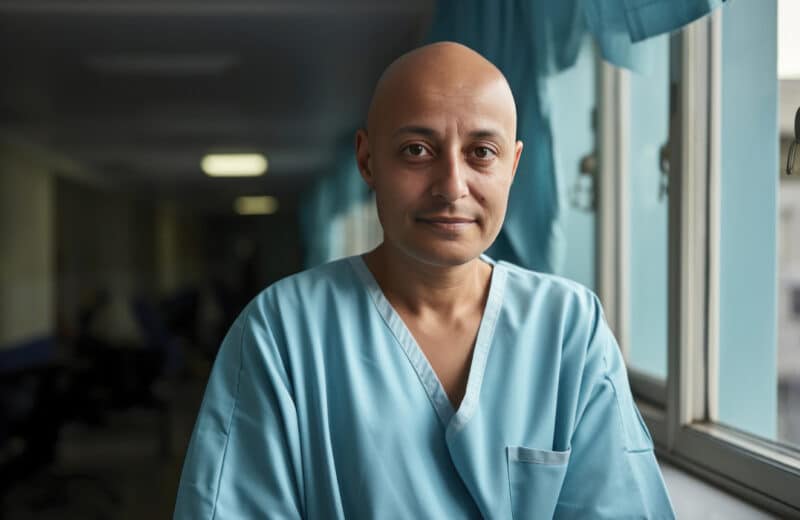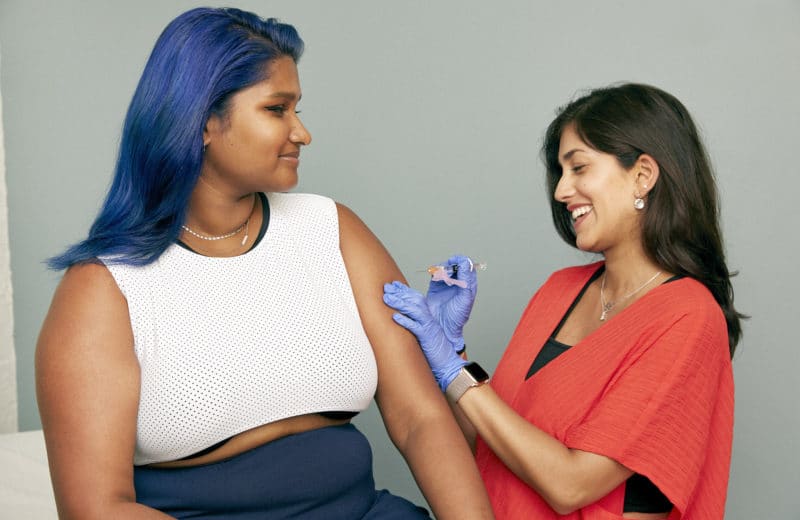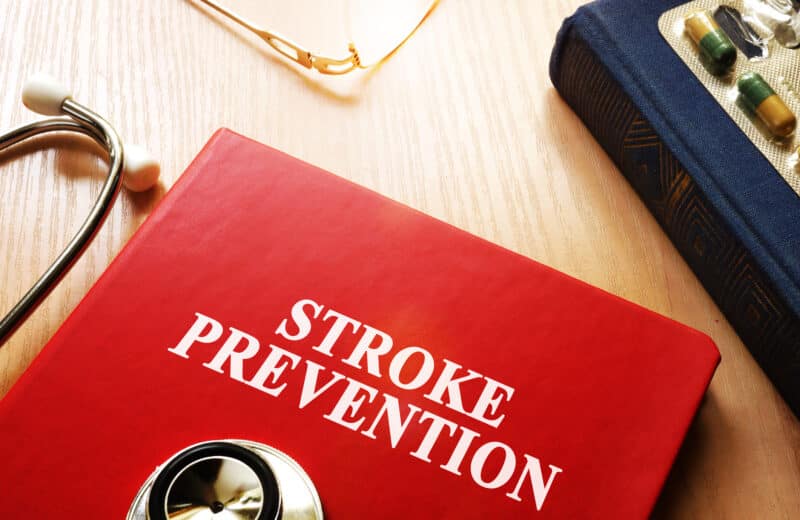The Medicine Cabinet: Ask the Harvard Experts
Q: I recently heard about two friends diagnosed with pancreatic cancer. And I seem to be reading about more celebrities with the disease. Is it becoming more prominent? Is there a screening test?
A: It occurs slightly more often in men compared to women.
Although pancreatic cancer accounts for just 3 percent of all cancers, it has a poor prognosis. About 42,000 people die of pancreatic cancer each year. It’s the fourth leading cause of cancer death in the U.S.
If the current trend continues, pancreatic cancer could become the second most common cause of cancer death in men, over taking deaths due to prostate and colorectal cancer. In women, it could become the third most common cause behind lung and breast cancer deaths.
Why is the incidence rate of pancreatic cancer increasing? It’s likely related to the strong association with smoking. Fewer people are smoking now, but there are still many former smokers. Smoking cigarettes is linked to approximately 30 percent of the cases.
The other major reason for the increase in pancreatic cancer is the rapid rise in obesity. It could be the extra weight or the higher risk of diabetes in obese people. Diabetes seems to also increase the chance of developing pancreatic cancer.
Too often cancer of the pancreas grows without symptoms. When symptoms do occur, they are often not specific, making early diagnosis challenging. Once the cancer becomes too large or has spread, it cannot be cured surgically.
I wish we had a good test for early detection of pancreatic cancer. But right now we don’t. There is no screening blood test or imaging test that has been shown to decrease the chance of dying from pancreatic cancer in people at average risk for the disease.
If early detection is still in the future, how about prevention? Here’s the good news. Studies do show that you can significantly lower your risk of pancreatic cancer. It means not smoking, limiting alcohol use, getting regular exercise, maintaining a normal body mass index, and adhering to a Mediterranean-style dietary pattern.
(Howard LeWine, M.D. is an internist at Brigham and Women’s Hospital in Boston and assistant professor of medicine at Harvard Medical School. For additional consumer health information, please visit www.health.harvard.edu.)













